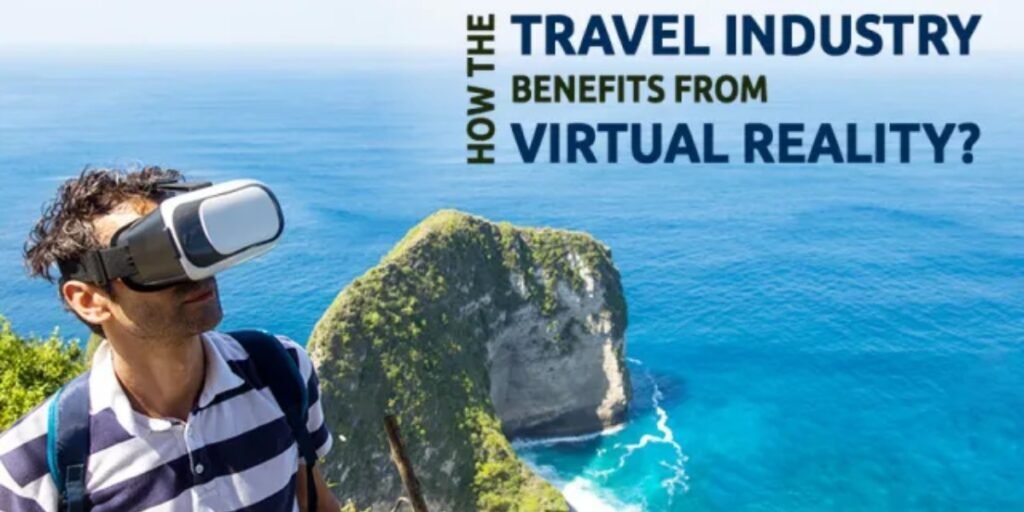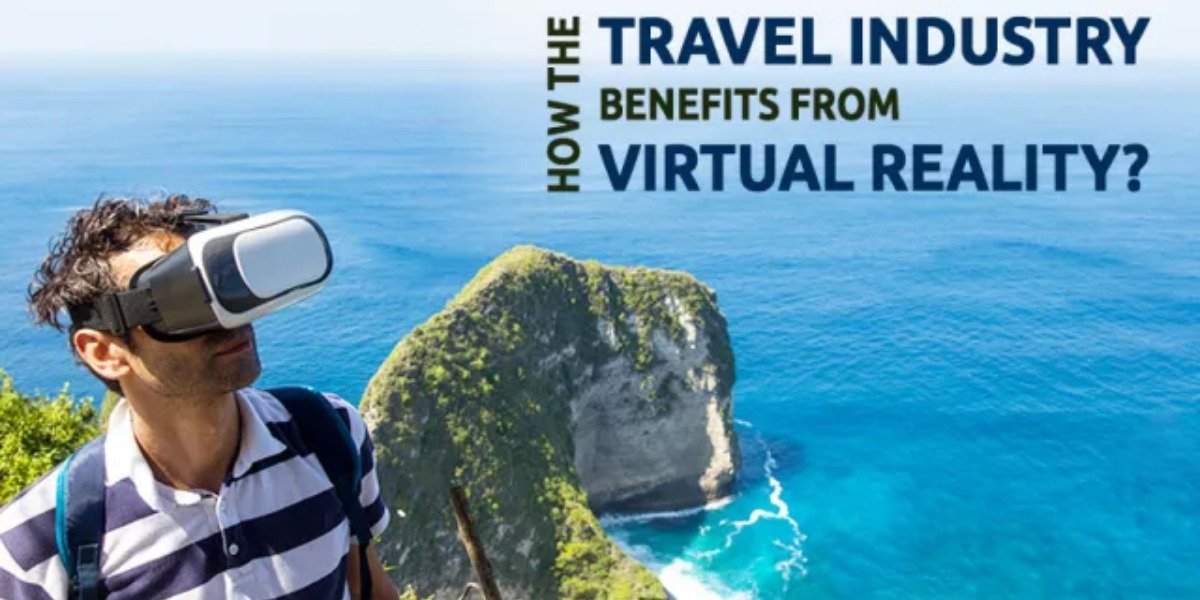benefits of virtual reality in Tourism:
Virtual reality (VR) has gained immense popularity in recent years. Its uses range from entertainment and gaming to medical applications. One industry that has also benefitted from the technology is tourism. Virtual reality has become an important tool for tourism businesses to enhance their customer experience. In this article, we will explore the benefits of virtual reality in tourism.
Enhanced Customer Experience:
One of the most significant benefits of virtual reality in tourism is the ability to provide an immersive experience for customers. Using VR technology, tourism businesses can virtually transport their customers to different destinations. Customers can experience a destination before physically visiting it. This helps create a more engaging and memorable customer experience, which can result in repeat business.
Cost-Effective Marketing:
Virtual reality is also an effective marketing tool for tourism businesses. With VR technology, businesses can create virtual tours of their destinations, hotels, and attractions. These virtual tours can be shared on social media, websites, and other marketing channels. This allows businesses to reach a wider audience and attract potential customers. Additionally, virtual tours are often less expensive than traditional advertising methods, making it a cost-effective marketing tool.
Accessibility:
Virtual reality also provides accessibility benefits for the tourism industry. People with disabilities or physical limitations may find it challenging to visit certain destinations. With virtual reality, these individuals can experience a destination virtually. This helps to create a more inclusive tourism industry, which benefits everyone.

Risk-Free Training:
Virtual reality is also a valuable tool for training tourism industry employees. For example, airline staff can use VR technology to simulate emergency scenarios, which can help them to prepare for real-life situations. Similarly, hotel staff can use VR to learn about customer service scenarios. Virtual reality provides a risk-free environment for training, which can improve employee performance and reduce costs associated with traditional training methods.
Sustainable Tourism:
Virtual reality can also contribute to sustainable tourism practices. By providing a virtual experience, businesses can reduce the number of people physically visiting a destination. This can help to reduce the environmental impact of tourism. Additionally, virtual reality can be used to showcase eco-friendly destinations, which can encourage sustainable travel practices.
Virtual reality technology has the potential to transform the tourism industry. By providing an immersive experience for customers, businesses can enhance their customer experience and attract more customers. Virtual reality is also a cost-effective marketing tool and provides accessibility benefits.
It can be used for employee training, improving performance and reducing costs. Finally, virtual reality can contribute to sustainable tourism practices. As technology advances, we can expect to see more tourism businesses adopting virtual reality to enhance their operations.




